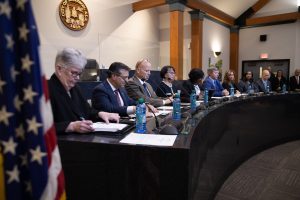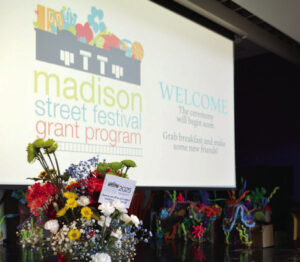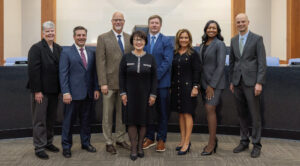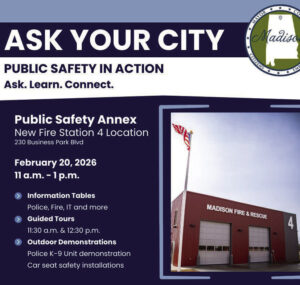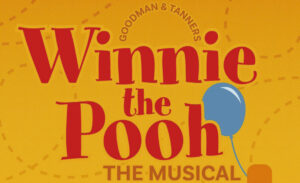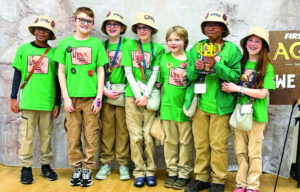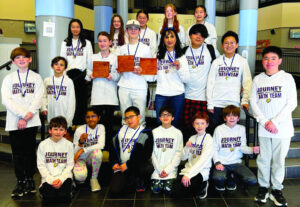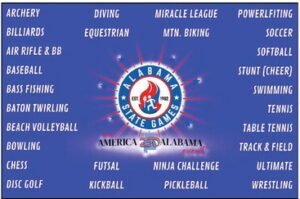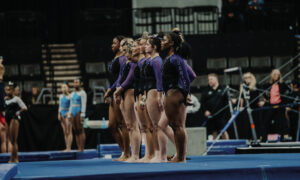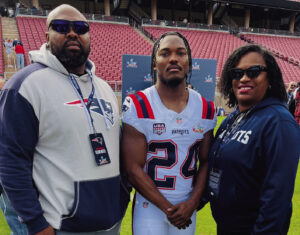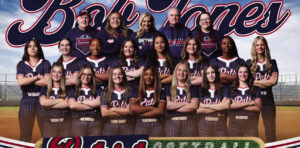James Clemens shows its tech savvy in Science Olympiad
MADISON – A student team at James Clemens High School claimed second place in state-level honors in the Alabama Science Olympiad Statewide Virtual Competition.
Science Olympiad is a one-day, sports-like science competition involving approximately 2,000 students across Alabama in grades K-8 each year. The competition was conducted in virtual format on Marcy 27-28. James Clemens was runner-up only to Auburn High School.
A nationwide competition, Science Olympiad allows students to compete in up to 23 events that include earth science, biology, chemistry, physics, math and engineering. Science Olympiad is designed to increase a student’s interest in Science, Technology, Engineering and Mathematics or STEM fields. Science Olympiad teams can advance from regional to state to national levels. (statescioly.org/al)
Final category results in the Science Olympiad for James Clemens include Anatomy and Physiology, 6; Astronomy, 7; Chem Lab, 4; Circuit Lab, 4; Codebusters, 13; Designer Games, 10; Disease Detectives, 7; Dynamic Planet, 3; Forensics, 5; Fossils, 5; GeoLogic Mapping, 2; Machines, 4; Ornithology, 2; Protein Modeling, 7; Sounds of Music, 1; and Water Quality, 1.
Gretta McDaniel, who teaches biology at James Clemens, coaches the Science Olympiad team.
Sponsor for the event was the Outreach Center for the College of Sciences and Mathematics at Auburn University. Auburn hosts two separate Olympiad events each year — one local event for elementary schools and the Alabama state competition for middle and high schools.
This Auburn department aims to promote scientific literacy and interest among students in grades K-12, teachers and communities in Alabama and across the country. Another goal is to engage active participation for kindergartners through high school seniors and their teachers in relevant and inspiring experiences in math and science. (The reference to ‘science’ in Science Olympiad activities always includes math as a related discipline.)
To motivate students to reach their full potential in science, teachers can provide them with access to exciting, hands-on laboratory activities, enthusiastic science mentors and a supportive environment that encourages their intellectual development.




